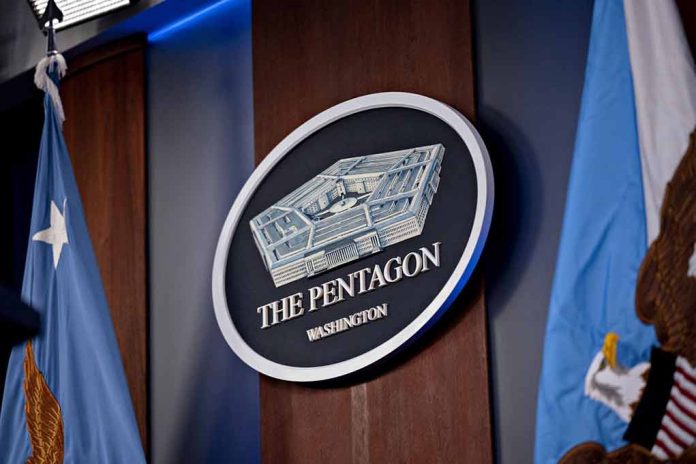
Reports of inadequate military housing prompt advocates to call for swift action from the Pentagon.
At a Glance
- Eight advocacy groups urge the Pentagon to address unsanitary living conditions on U.S. military bases.
- Issues include mold, contaminated water, lead paint, and pests.
- The Pentagon has launched a Housing Feedback System for service members.
- The GAO report highlighted poor conditions and called for more oversight.
State of Military Housing
Eight advocacy groups for military personnel and families are urging the Pentagon to address unsanitary and dangerous living conditions on U.S. bases worldwide. Mold, bad air quality, contaminated water, lead paint, and pests are some of the pressing issues. Advocates stress that secure, decent housing is essential for the wellbeing and morale of service members and their families. “The Department of Defense must act sooner rather than later to address the quality-of-life issues facing our service members,” Rob Evans, founder of Hots&Cots, said Tuesday in a statement.
The Pentagon has launched a Housing Feedback System to allow service members to report their housing issues directly. However, through various platforms like the Hots&Cots app, families have already submitted nearly 8,000 photos and about 400 reviews depicting their woes.
Too many military families live in private housing that’s unsafe or unsanitary. That’s why I’m working with @SenWarren to call on the Department of Defense to hold private housing companies accountable and protect the rights of military families. https://t.co/XwBsbrcBUs
— Congresswoman Sara Jacobs (@RepSaraJacobs) July 16, 2024
Government Accountability Office Findings
A recent Government Accountability Office (GAO) report highlighted numerous deficiencies in military housing. This report made 31 recommendations to improve conditions and called for increased oversight. Military service leaders addressed these issues before the House Armed Services Committee, emphasizing the need for action.
Brendan Owens, Assistant Secretary of Defense, committed to addressing deficiencies and improving oversight and accountability in military housing. This is critical as recent media reports spotlight conditions such as raw sewage, mold, and non-functioning systems in military barracks.
Political and Legal Challenges
U.S. Senator Elizabeth Warren and Representative Sara Jacobs have led lawmakers in criticizing the Department of Defense (DoD) for failing to protect military families. Investigations found that many families live in unsafe conditions, with limited recourse against private housing companies managing the properties.
Bipartisan lawmakers have urged the DoD to address the poor living conditions. “The stress and uncertainty that military families face with the multiple moves and transitions between locations and assignments that the military requires is amplified and worsened by systemic housing problems,” the lawmakers wrote.
Steps Forward
Despite these challenges, efforts are being made to improve military housing conditions. The Army plans a multi-year investment strategy in the next budget to sustain and improve barracks. The legislation, including the 2025 National Defense Authorization Act (NDAA), aims to enhance living conditions by increasing the basic allowance for housing and providing pay raises for junior enlisted members.
However, legal and contractual frameworks make it difficult to hold housing companies accountable. “Provisions that make them nearly impossible to terminate and that allow companies to evade some environmental, tenant rights, and consumer protection laws,” said a spokesperson.
Advocates and lawmakers continue to press for comprehensive reforms, emphasizing the urgency of the situation. Their focus remains on eliminating substandard living conditions and ensuring that those who serve are provided with the dignified, secure housing they rightly deserve.
Sources
- Mold Issues, Poor Housing Conditions for Troops Are Rampant. What Can Congress Do?
- The Housing Problem













